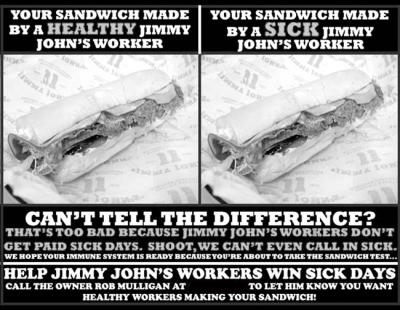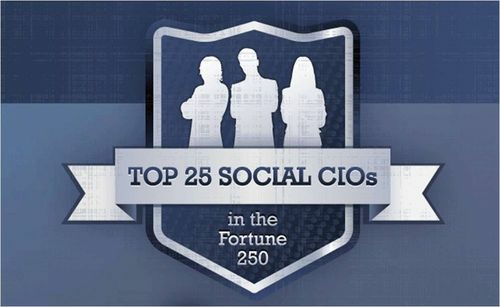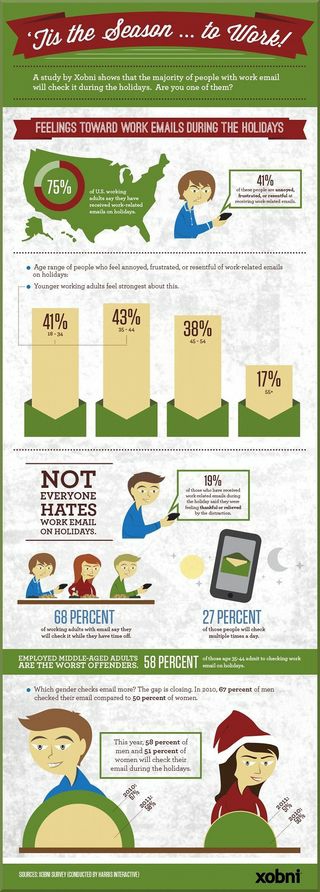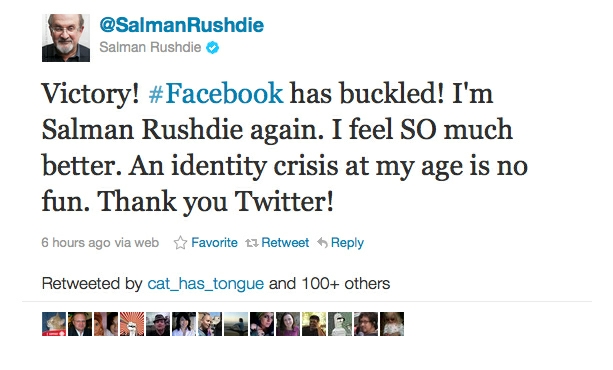U.S. Presidential Candidates Go Social
/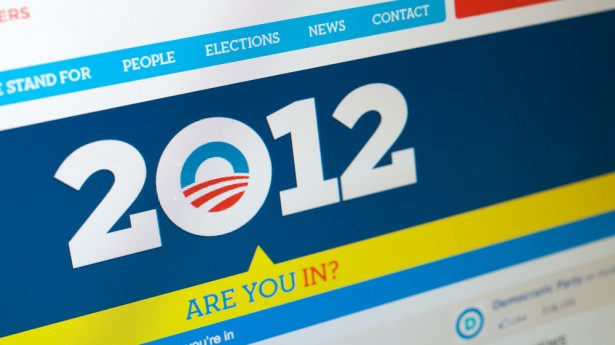 President Obama and Republican contender Mitt Romney are using social networking to boast their campaigns. Today, the Obama campaign is releasing a new platform called "Dashboard." Katie Hogan, spokesperson for the campaign, described the purpose of Dashboard:
President Obama and Republican contender Mitt Romney are using social networking to boast their campaigns. Today, the Obama campaign is releasing a new platform called "Dashboard." Katie Hogan, spokesperson for the campaign, described the purpose of Dashboard:
"Dashboard is our online field office - a hub for campaign volunteers and supporters to communicate with each other and become members of neighborhood teams. . . .
"Supporters can use the tool to set goals, communicate those goals, and see what other supporters are doing. Supporters who want to be engaged can go to Dashboard, message other supporters in their area, and have a conversation about how to get started. It provides a good volunteer experience online that is directly tied to our field operation goals."
Built into the system is a keen focus on setting goals and friendly competition among neighborhoods. With a Facebook-like interface, volunteers are expected to use the site easily.
Since the fall, Mitt Romney's campaign has used a different home-grown system, "MyMitt."
Images via Raw Story and Signal News.
Discussion Starters:
- If you supported one of the candidates, would you use his social network? Why or why not?
- Why would both campaigns create their own platform rather than use Facebook as their main tool for volunteers?
- Consider signing up for both sites. What differences do you notice? Which is more effective for what purposes?



